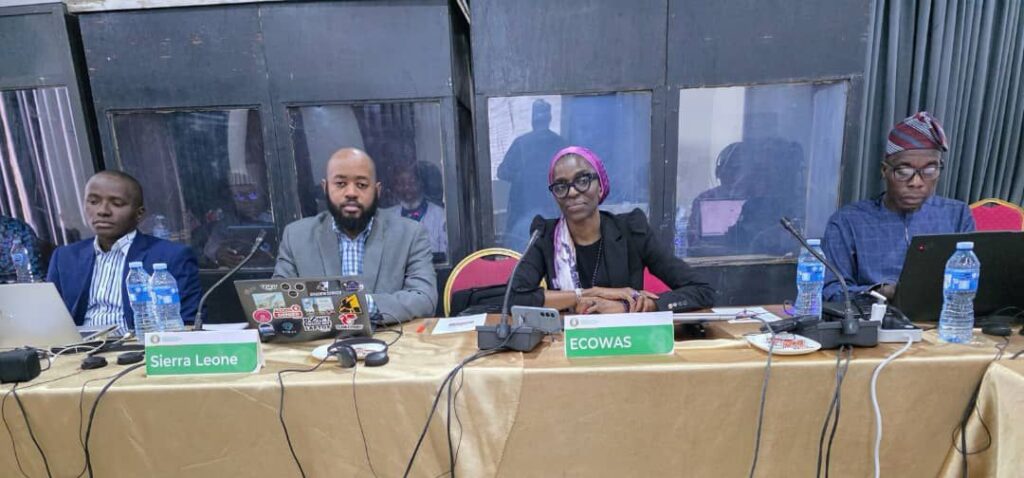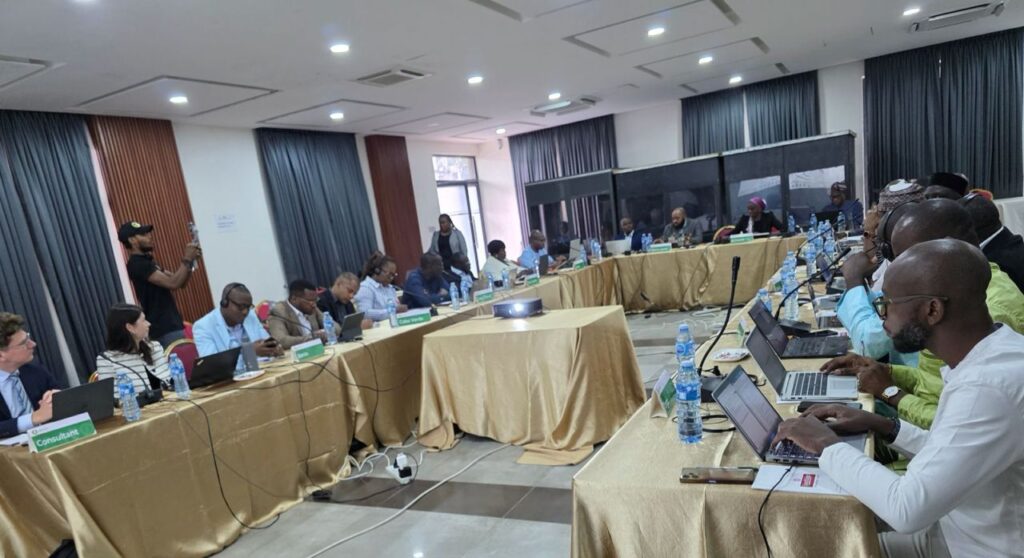REGIONAL CYBERSECURITY COORDINATION CENTRE (RCCC): ECOWAS EXPERTS MEET TO VALIDATE FEASIBILITY STUDY REPORT.
By Raymond Enoch.
In a decisive step toward strengthening regional digital security, cybersecurity and ICT experts from across West Africa convened in Lagos from September 15th to 17th, 2025, to validate the feasibility study report for the proposed ECOWAS Regional Cybersecurity Coordination Centre (RCCC).

Organized by the ECOWAS Commission through its Department of Infrastructure, Energy and Digitalisation, the three-day meeting brought together key stakeholders from ECOWAS Member States to assess the final draft of a comprehensive study that lays the groundwork for the creation of a central cybersecurity coordination hub in West Africa.
The initiative follows the Directive C/DIR.1/01/2021 on the ECOWAS Regional Cybersecurity and Cybercrime Strategy, which mandates collective and strategic action to safeguard the region’s digital space. The RCCC is envisaged as a central mechanism for facilitating coordinated cybersecurity efforts, threat intelligence sharing, and mutual assistance among Member States — a response to the growing cyber threats that transcend national boundaries.

ECOWAS report emphasized that the RCCC will not replace or interfere with the work of national cybersecurity institutions such as Computer Security Incident Response Teams (CSIRTs), but rather complement and support their operations by offering a platform for regional synergy and response.
“The RCCC is not about duplication — it is about coordination, support, and empowerment of our Member States,” a Commission representative stated during a plenary session. “This is a pragmatic and phased model that takes into account our current capabilities and future
The validated Final Report reflects extensive consultations across ECOWAS Member States and builds upon the findings of an earlier Preliminary Report. Experts evaluated the technical, operational, and legal frameworks necessary to support the RCCC’s establishment, as well as its potential impact on capacity building, incident response, and cross-border collaboration.
The report proposes a phased implementation plan that allows for scalability and adaptation, ensuring that the RCCC remains responsive to the evolving digital threat landscape while aligning with the diverse cybersecurity maturity levels of Member States.
Experts at the Lagos meeting acknowledged the urgency of operationalizing a regional coordination mechanism as cybercrime, digital fraud, and infrastructure vulnerabilities continue to pose serious risks to economies, governance, and national security across West Africa.
Participants commended the ECOWAS Commission for its leadership in promoting regional cybersecurity resilience and reaffirmed their countries’ commitment to the shared vision of a secure, trusted, and inclusive digital West Africa.
As the feasibility study now moves toward adoption by ECOWAS leadership, the validation marks a significant milestone in the region’s collective journey toward digital sovereignty and resilience.










